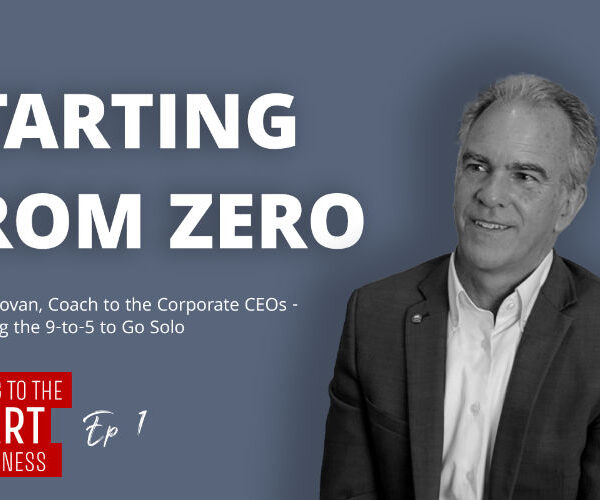5. Preferential vs Fair
Debrief activity and questions
1. Please begin by sharing with each other or writing down (if you are on your own), a few of the messages from the video that stayed with you. What ideas stuck? Which ideas made more sense for you, or somehow struck a chord?
2. The challenge of fairness directly relates to how a manager works with organisational structures, policies, and processes. It also effects how managers allocate work, projects, pay and promotions.
One subtle way that managers can be preferential is to unevenly spread their attention. Freedom of association is an awesome power. Those in managerial positions often have more freedom to associate with some and not others, in comparison with their less senior colleagues.
This freedom and its associated power bring the possibility of power misuse. Your managerial responsibilities require you to be even handed in your attention, but if you are not aware of this power, you might be giving some too little, or too much of your time and energy. At the same time, even if you are not a manager, you may be experienced as preferential if you support unhealthy cliques or ignore some members of your team. The following question is therefore relevant for managers and those who do not have people reporting to them.
Please consider who you have spent the most time with over the last fortnight or month, and those who you have seen much less. Using 2 columns, write down the names that belong in each group. Take a moment to do that now.
- 3. Reflect now on the list of names in each column. Please ask yourself,
Are there names on the list which reliably and consistently get more of your attention? In other words, in what ways could you be looking at a pattern that extends beyond the 2-to-4-week period you have reflected on? - Looking at each name, ask yourself if there are aspects of their behaviour which in turn prompt you to avoid them, or spend more time with them. For example, perhaps you find them overly negative and therefore you minimize your time with them, or alternatively you might find them very personally supportive and therefore you tend to maximise your time with them. Is it possible you are in “loop” with them, so for example those you are avoiding might become more negative in response to you avoidance?
4. Now, how could you plan your work and time in such a way to ensure the next month you were more even handed in the sharing of your time and attention? What planning actions should you make, to make that happen?


